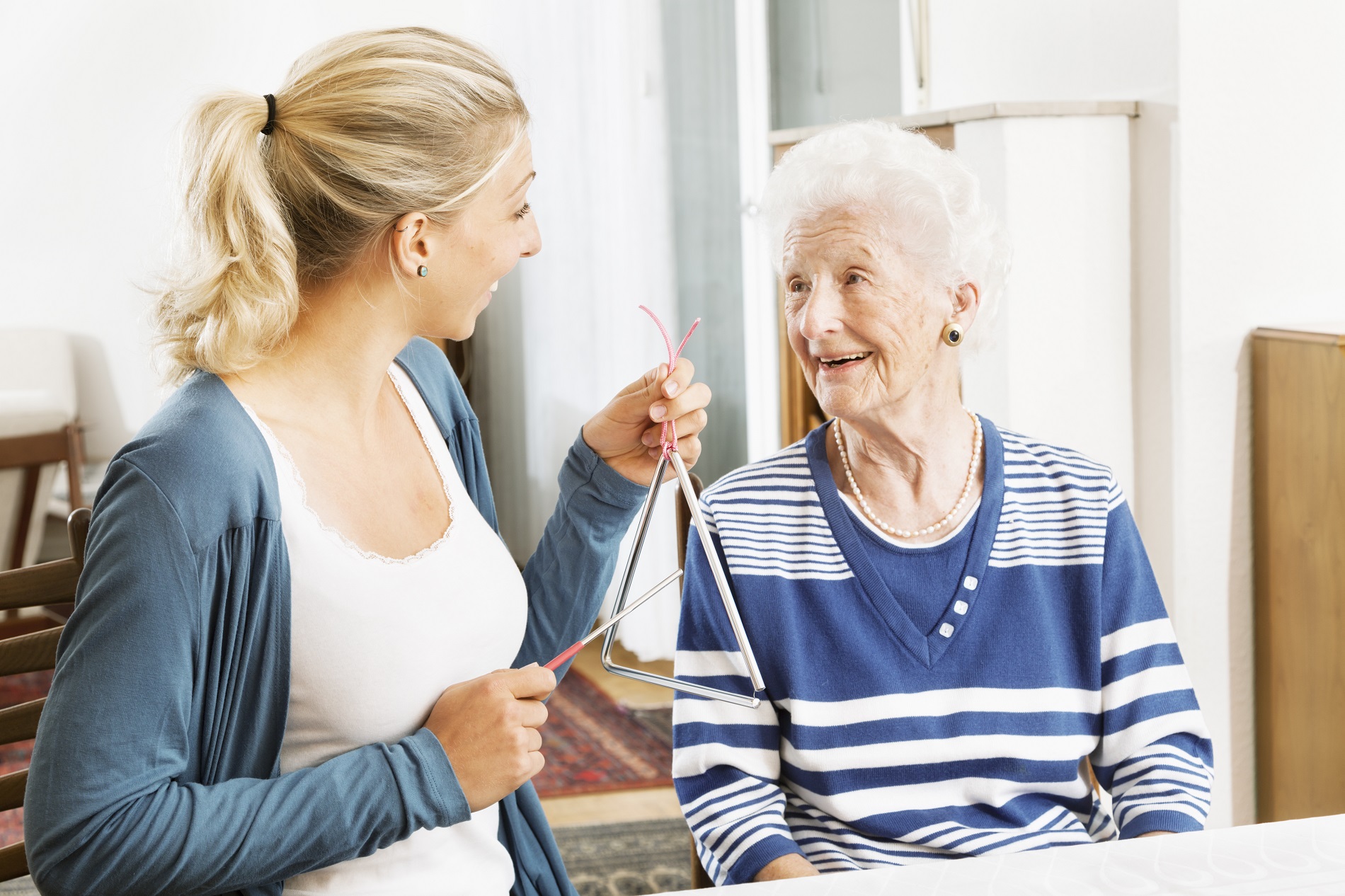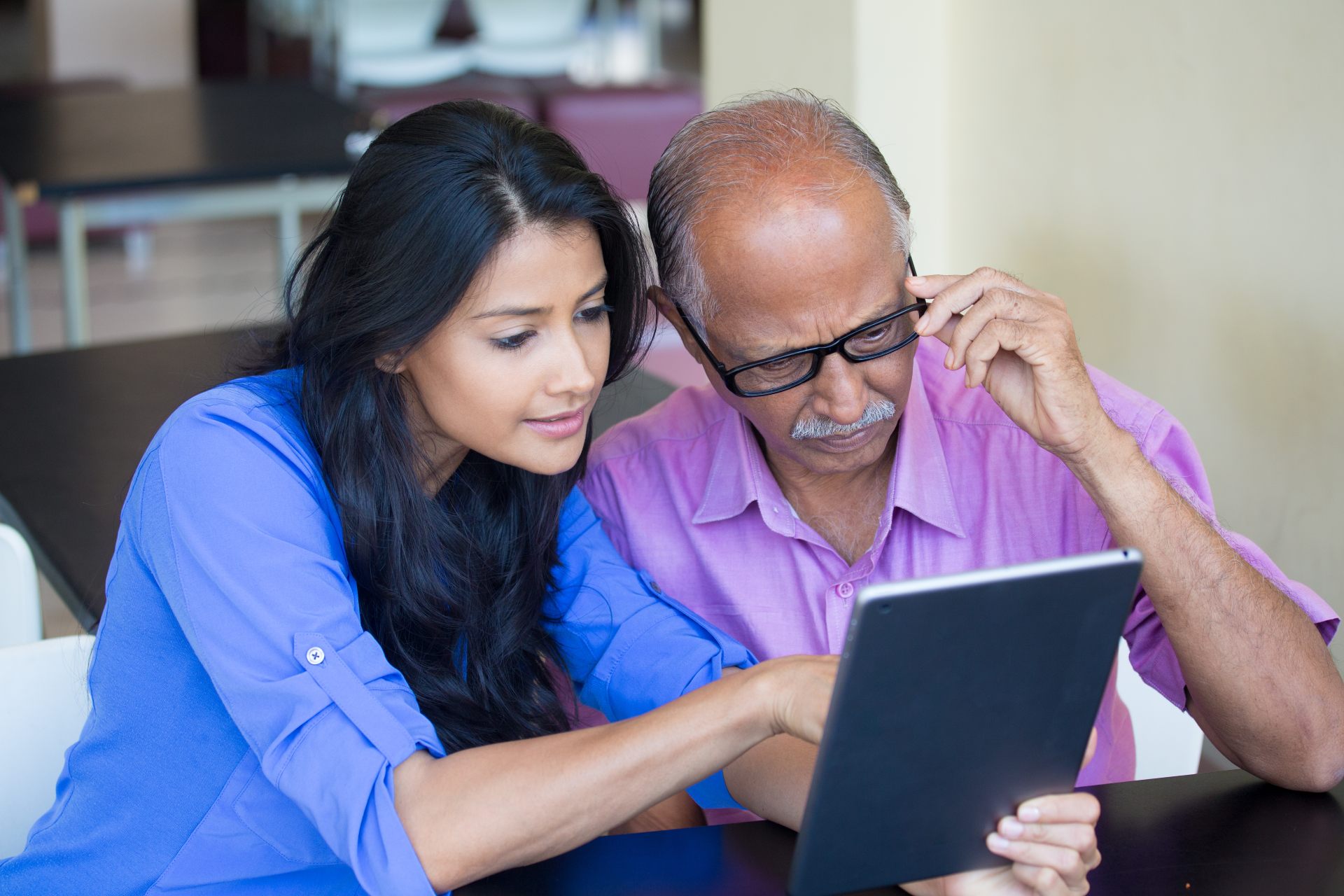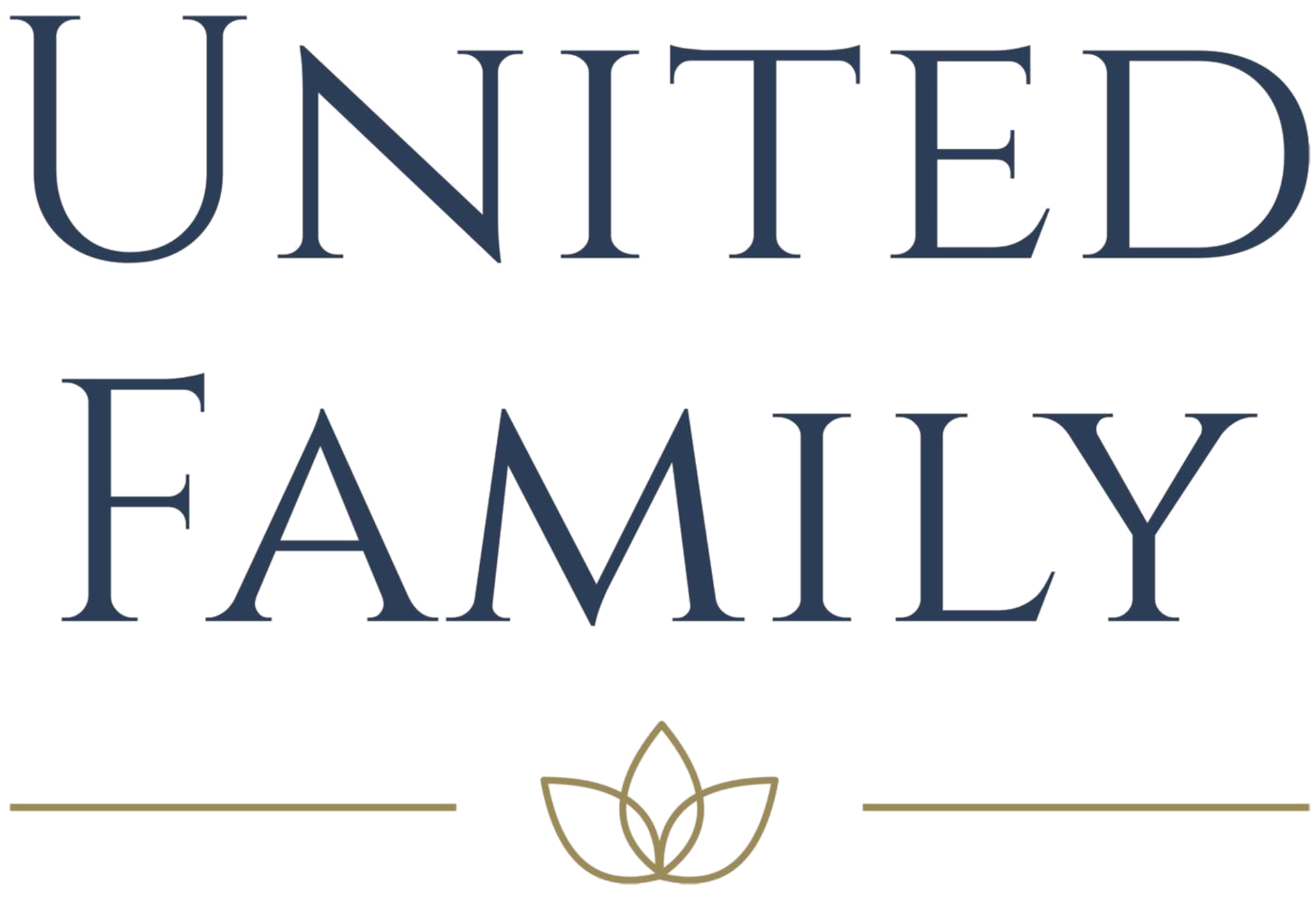Call us now:
FAQ
Questions?

Home care allows your loved one to get the help he or she needs without giving up independence, and includes both medical and non-medical care provided in the home.
Typically, in-home care refers to non-medical care such as personal care, homemaking services, and companionship. Home health involves skilled nursing care and other specific functions such as speech, physical, or occupational therapy.
Live-in care is the same as home care, but caregivers live in their clients’ home.
A caregiver provides seniors and other adults assistance at home to ensure their physical wellbeing and social and emotional health. Caregivers provide companionship, personal care, and other quality of life services. This can include mobility and safety assistance, help with meals and housekeeping, transportation to appointments and social events, as well as activities that encourage engagement, purpose, connection and joy.
United Family provides uplifting in-home care that considers a client’s physical, mental, and emotional wellbeing. We provide companionship care services such as meal preparation, laundry, light housekeeping,grocery shopping, running errands, rides to doctor’s appointments, medication reminders, personal care / grooming, and live-in service. We also provide a wide range of personal in-home care services. This includes bathing, grooming, hygiene, mobility assistance, transferring/positioning, toileting/incontinence, and feeding/special diet assistance.
Every United Family caregiver is an employee who is carefully screened and trained before caring for a client. Each must undergo a rigorous process including national and local criminal background checks plus personal and professional reference checks. Caregivers are screened for empathy and trained to provide the highest quality in-home care.
Respite care is the temporary transfer of primary caregiving responsibilities to another person.
Respite care takes many forms, some family caregivers choose to have someone take on caregiver duties for a few hours a week or a few hours a day. Or, some schedule respite care for longer periods of time to accommodate an extended break or vacation.
Every United Family caregiver is an employee who is carefully screened and trained before caring for a client. Each must undergo a rigorous process including national and local criminal background checks, as well personal and professional reference checks. Caregivers are screened for empathy and trained to provide the highest quality in-home care.
Ensuring the safety and well-being of our clients is United Family’s highest priority. Due to the current health crisis, we are taking the necessary precautions to keep our clients and caregivers safe and protected while we continue to provide uplifting in-home care. This includes additional training in infectious disease control, providing each caregiver with personal protective equipment and following all CDC recommendations. Our caregivers are screened for Coronavirus risk factors prior to every visit, and we have established protocols for caregivers to stay home if they are ill with any sickness.
Before each care visit, we confirm that caregivers and clients comply with the current CDC guidance for safety, including being free of COVID-19 symptoms and free from high-risk COVID-19 exposures. This allows United Family to work together with families, seniors, and caregivers to create the safest possible care environment. If any of our caregivers or their clients should show signs or symptoms of COVID-19, we will report and abide by national and local guidelines.
Our caregivers must follow an established protocol to stay home if they are ill for any reason.
Our caregivers are trained in best practices for infection prevention and control.
Our caregivers must wear a face mask when in the home and within six feet of a client.
Our caregivers follow hygiene procedures as directed by the CDC, including vigorous and frequent handwashing with soap and water, the routine use of hand sanitizer (with 70% alcohol level or higher), and proper coughing and sneezing techniques.
Some of the most common options to pay for senior care include private pay or out-of-pocket, long-term care insurance, the Veterans Administration (VA) Aid and Attendance Pension Benefit, and select Medicaid and state or local community programs.
Veterans and their surviving spouses may qualify for VA benefits to cover some of the cost of in-home care. VA programs were designed for those who meet specific financial criteria and demonstrate physical need for in-home care. Contact us to find out more about in-home care and veteran’s benefits.
Long-term care insurance can help pay the costs of care. For seniors that do have long-term care insurance, United Family can help answer questions about the paperwork needed to start using this specialized type of coverage.
Medicare does not cover in-home care. In some select areas, Medicare Advantage plans may be available. This varies by state and location, so check your plan for additional details.
Medicaid, the largest public payor for long-term care, may cover some in-home care services. A Medicaid provider or United Family office can answer questions about in-home care coverage.
About Covid -19 Precautions

Let us help you!
Let us help give you the peace of mind you deserve.
